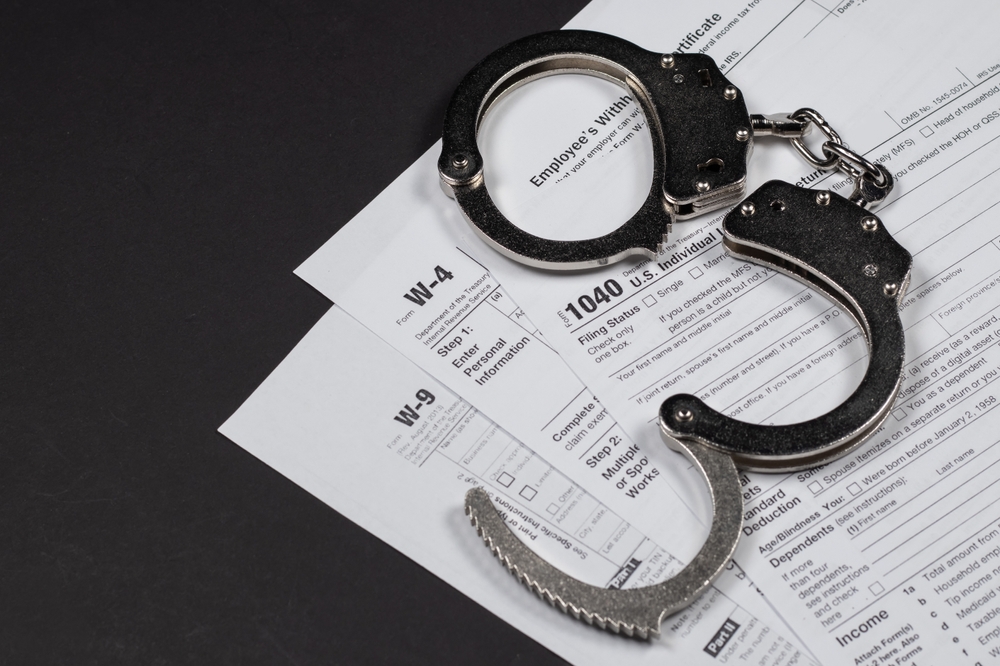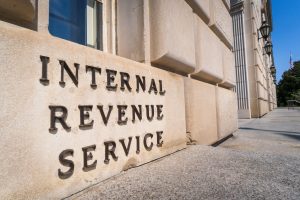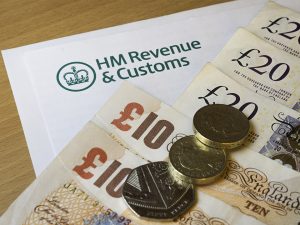Tax Payment Deadlines and Slow IRS Filings: What You Need to Know.
Every year, the deadline to file and pay federal income taxes in the United States falls on April 15 (unless it lands on a weekend or holiday, in which case it may be extended). For most taxpayers, April 15 is the key date to remember in order to avoid penalties and interest. If you owe taxes, the payment is due by this date, and failing to do so can result in a variety of consequences.
Taxpayers must file their tax returns by this deadline, and if they owe, they must also make a payment to the IRS. While many opt for filing early, some wait until the last minute. Regardless of when you file, it's crucial to understand that if you owe taxes, the amount is due on or before April 15, even if you file for an extension. An extension only gives you more time to file, but not more time to pay.
The Consequences of Failing to Pay Taxes on Time
Failing to pay taxes in the United States is a serious offense with varying consequences, ranging from fines to prison time, depending on the nature and severity of the tax violation. It’s essential for taxpayers to understand the penalties associated with tax evasion and non-payment.
For individuals who fail to file taxes, there is a failure-to-file penalty that starts at 5% of the unpaid taxes for each month the return is late, with a maximum penalty of 25%. If a taxpayer fails to pay the taxes they owe, the IRS can impose a failure-to-pay penalty of 0.5% of the unpaid tax each month, up to the same 25% cap. Interest is also added to the unpaid taxes, which compounds daily and increases the total amount owed.
For those found guilty of tax evasion—which involves intentionally underreporting income, inflating deductions, or hiding assets—the consequences are much more severe. Tax evasion is a federal crime, and those convicted could face up to 5 years in prison, along with a fine of up to $250,000 for individuals, or $500,000 for businesses. Additionally, all taxes owed, along with interest and penalties, must be repaid.
Furthermore, if the IRS determines that tax fraud occurred, it can impose a civil fraud penalty of up to 75% of the unpaid taxes. In addition to these penalties, the IRS can impose tax liens on properties or seize assets through levies in an effort to recover unpaid taxes.
Though these penalties are designed to encourage compliance, many taxpayers still fall behind due to a variety of reasons. Taxpayers in difficult financial situations or with complicated tax situations might find it hard to navigate the system, which is why it's important to seek help if needed.
Slower Filings and Delays in IRS Processing
This year, however, taxpayers have faced a slower-than-usual tax season. As of early February, the IRS reported a 7.7% drop in the number of returns filed compared to the previous year, with fewer early returns coming in. Despite this, tax refunds are flowing steadily, though many taxpayers are facing delays in receiving their refunds. The IRS has processed 7.6% fewer returns through Feb. 7 compared to the same period last year.
This slow start to the filing season may be due to several factors, including a rise in 1099-K forms, which report income from gig economy jobs, and misleading online tax advice circulating on social media. Additionally, some taxpayers are waiting for additional paperwork before filing, causing delays. For those who file early and expect refunds, the IRS’s online tool “Where’s My Refund?” is available for tracking the status of returns, but delays in processing may mean that some refunds take longer than usual to be issued.
Taxpayers who claim certain credits, such as the Earned Income Tax Credit or Additional Child Tax Credit, may face even longer delays in receiving their refunds. However, once these refunds are processed, taxpayers can expect to receive them by March 3 if they filed online and requested direct deposit.
Despite the slow start to the filing season, the IRS expects these delays to even out as more returns come in and the April 15 deadline nears. If you are among those who still need to file, it's crucial to avoid missing the deadline, as failing to file or pay on time can lead to significant penalties and additional interest.
Overall, while there are currently delays in filings and refund issuance, the most important thing taxpayers can do is ensure their returns are filed by April 15 to avoid additional penalties.
Am I Owed a Refund from the IRS? How can I track my tax return?
You can track your tax return using the IRS "Where’s My Refund?" tool online.
If you don’t have internet access or prefer speaking to someone, you can call the IRS help hotline at 800-829-1954 to track your refund. If you filed an amended return, call 866-464-2050 instead.
To check the status of your refund, have your Social Security number, tax filing status, and exact refund amount ready or simply read the latest Lawyer Monthly article on how to find out if your owed an IRS refund and how to claim it - and more importantly, when your IRS refund is due.



















